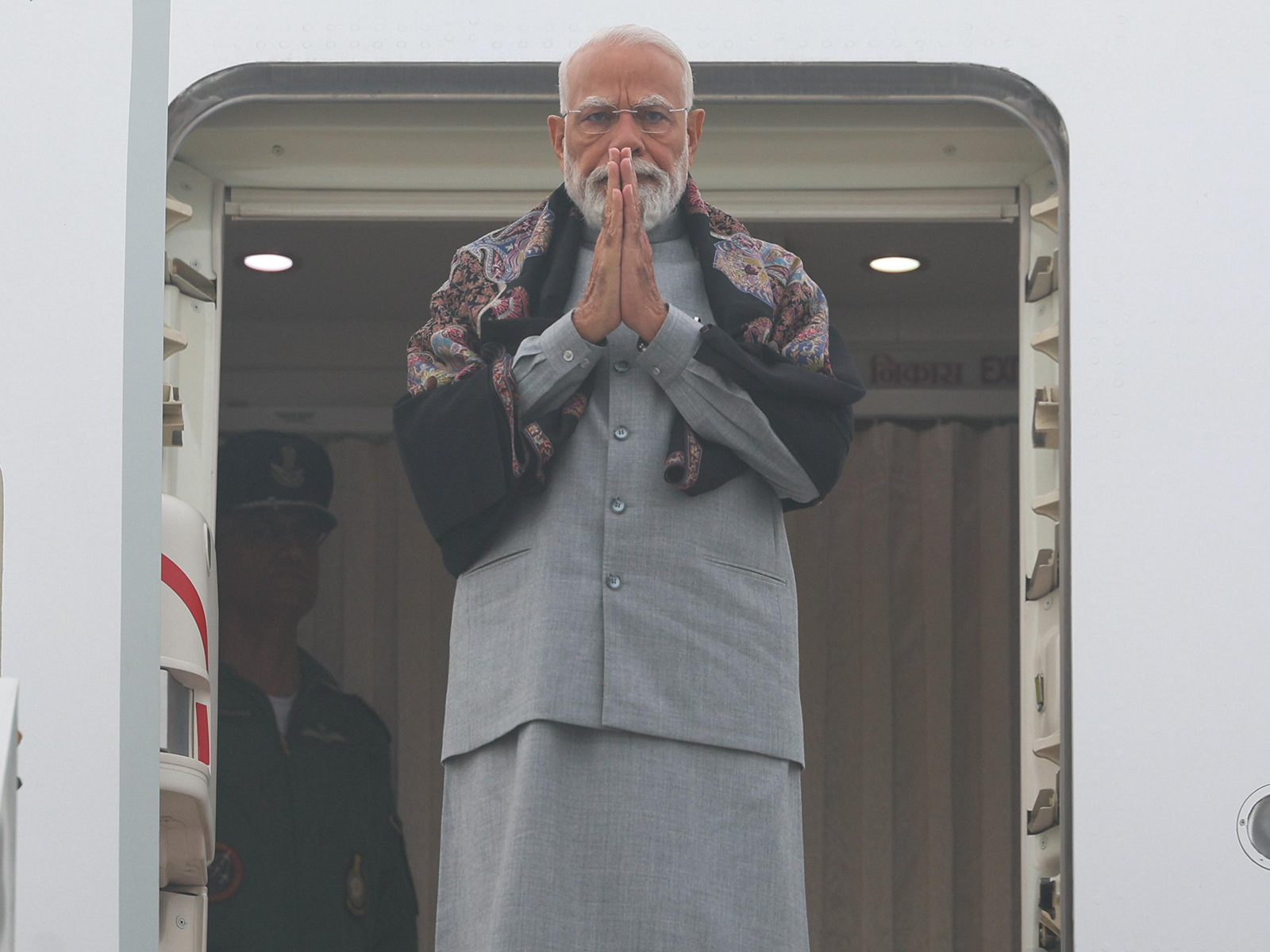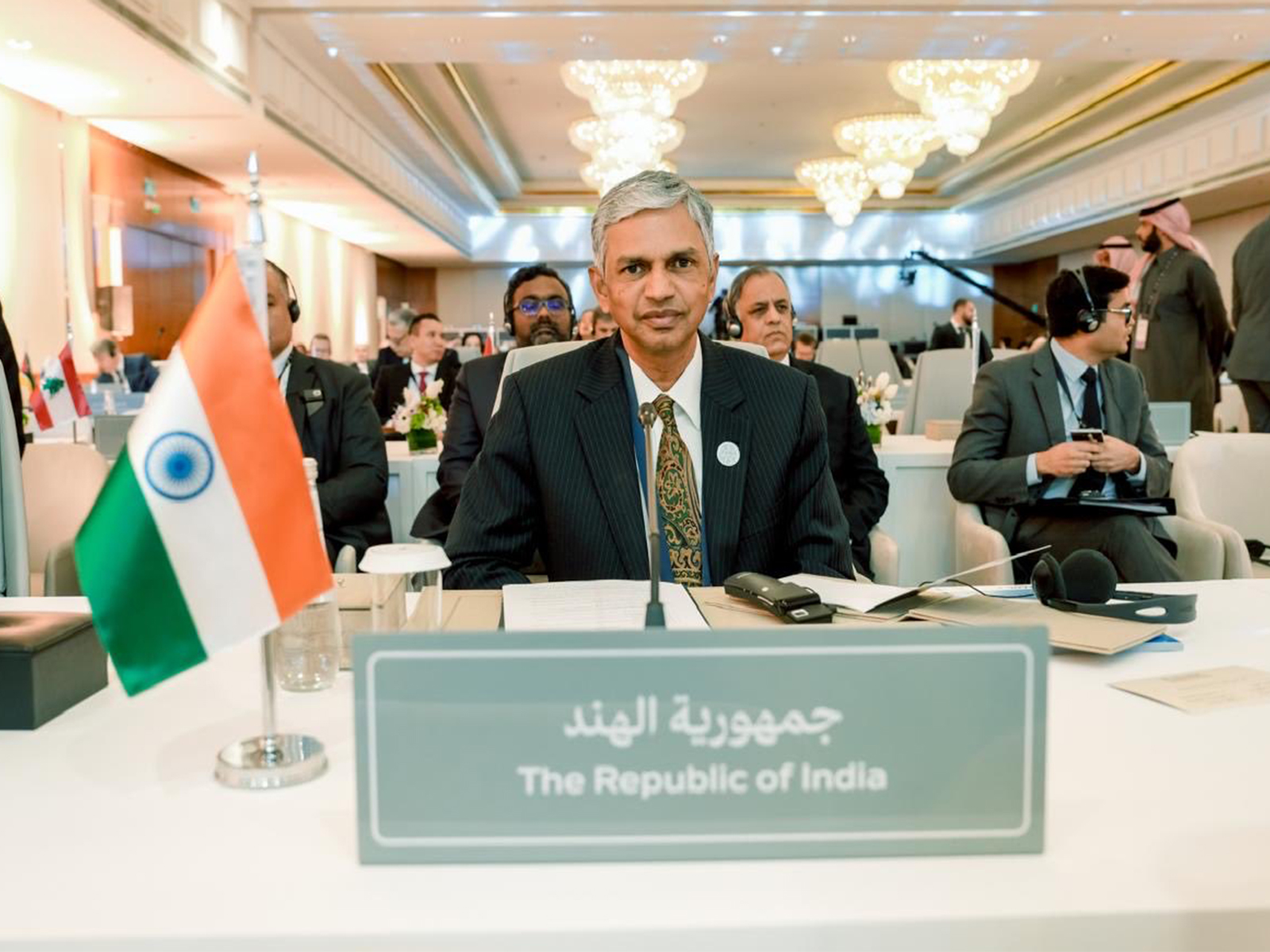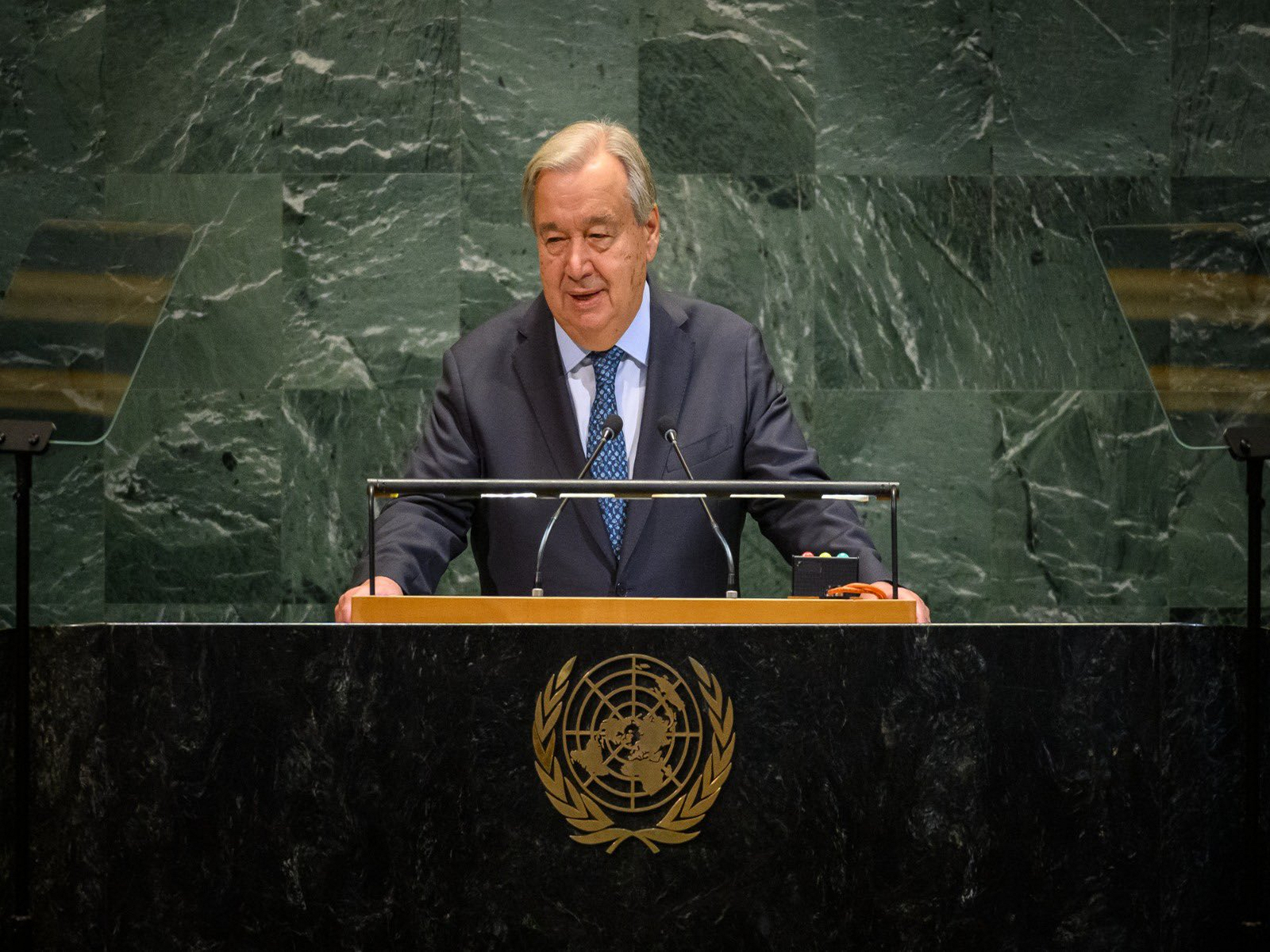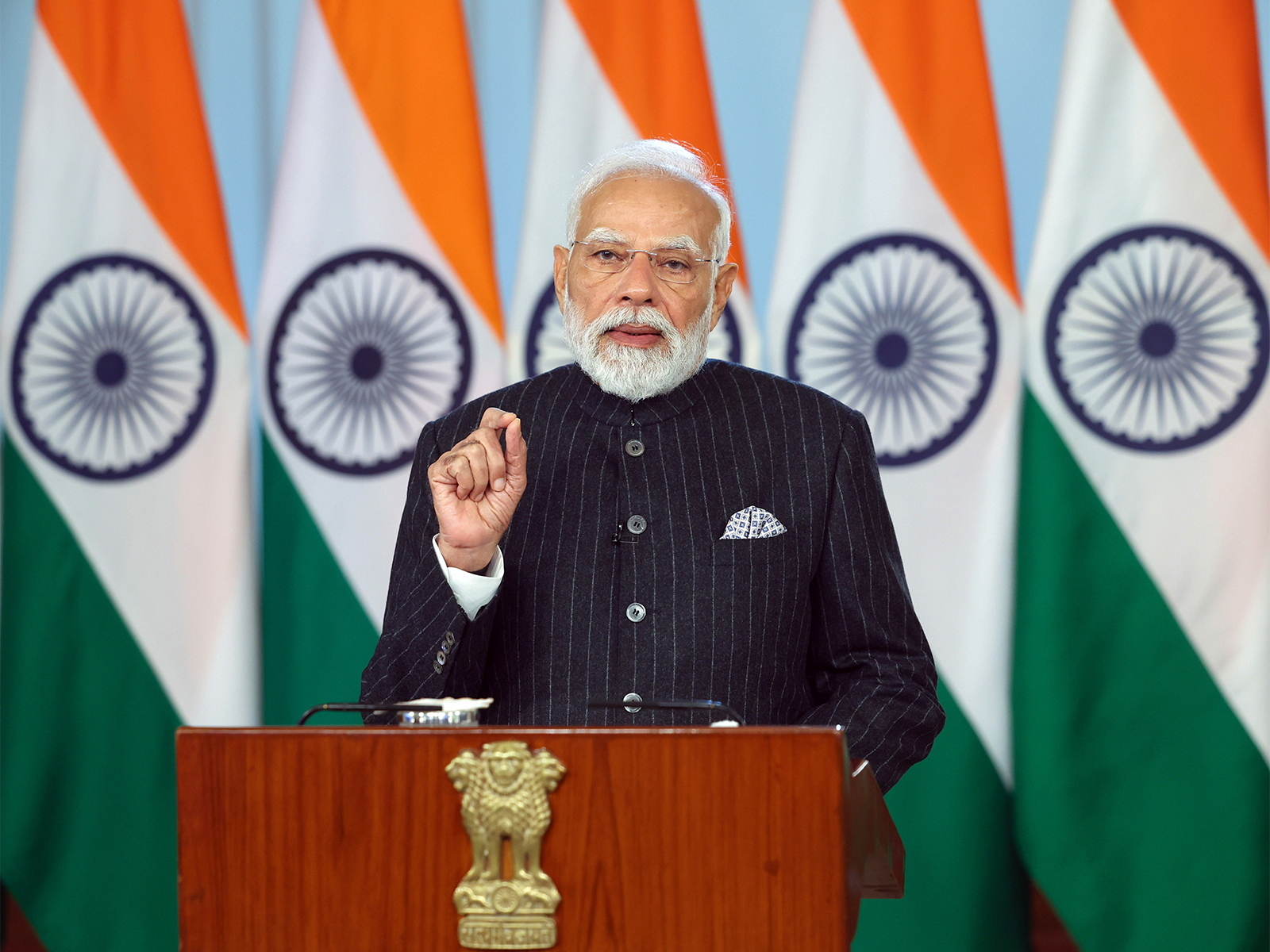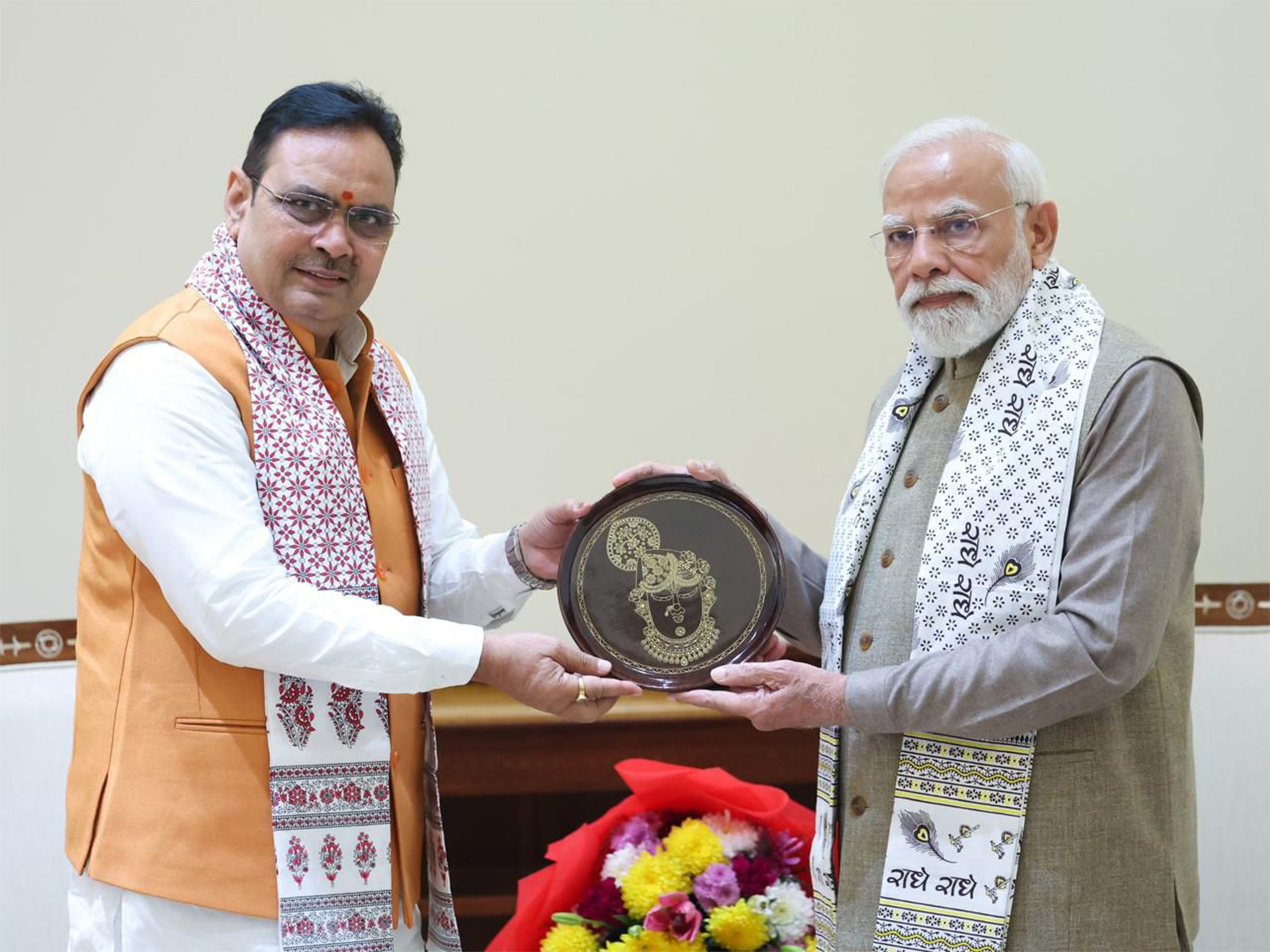Using formal financial channels covertly, Pak ISI backed Mujahideen cause in Afghanistan
Oct 17, 2022

Islamabad [Pakistan], October 17 : Pakistan's intelligence agency covertly funnelled money to back Mujahideen, Afghanistan's rebellious groups who were fighting the soviet union in the 1980s, through formal financial institutions, media reports revealed.
Pakistan's Inter-Services Intelligence (ISI) allegedly made this possible under the garb of a special business model where they routed funds through formal channels like charities or legitimate business enterprises, reported South Asia Monitor.
One among them was the Bank of Credit and Commerce International, a financial institution which was registered in Luxembourg but operating out of Karachi and London. The organization was facilitating the narcotic trafficking trade.
The operations of the organization included shipping all the illicit goods through their own vessels, insuring the goods through their own banks and associated companies, providing security during the transportation of the goods and bribing the officials at all border points en route, reported the media portal.
Bank of Credit and Commerce International was founded by Agha Hasan Abedi, a Pakistani businessman. One of the primary aims of the organization was ostensibly to fund armed groups abroad. According to various reports, the bank was also responsible for transferring funds and arms to the Iran-Contra arms deal.
This financial institution's nexus was anchored on a tacit understanding for support of the Mujahideen cause in Afghanistan. However, the nexus must not to be mistaken for only having limited to a particular region. It extended to a global network for waging jihad.
There was an influence of the bank to give commands to various important operations like that of Karachi port and its customs operations. Not just this, Bank of Credit and Commerce International also supplied arms, funds and required essentials to the Mujahideen.
Bank of Credit and Commerce International had set up ISI funding to ship narcotics to the West as well alongside aiding the Mujahideen in their narcotics trafficking. With the bank's involvement, a money flow infrastructure had been built among the terrorist organizations, front companies and the financial industry to meet their self-serving cause, reported the media portal.
The Bank would also provide unsecured loans to its wealthy clients in exchange for access to the global markets. The bank's business model played a crucial role in paving way for other institutions which evolved and carry out similar approaches in regard to terror funding.
